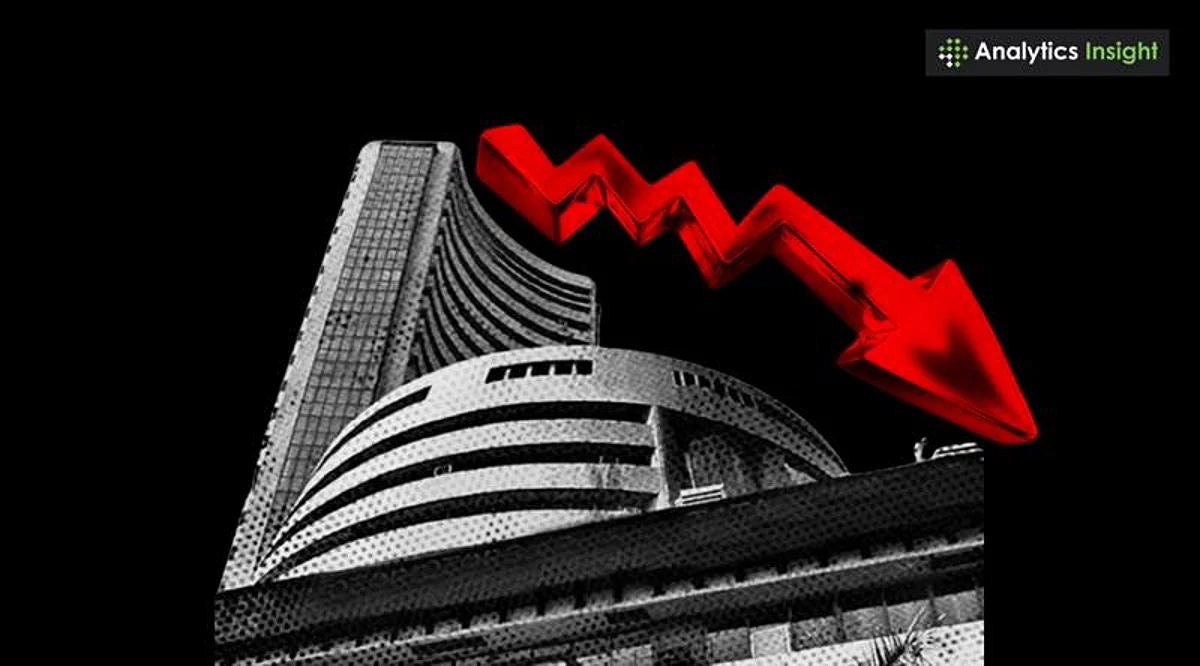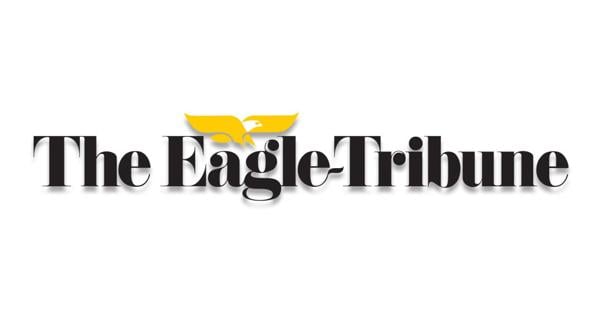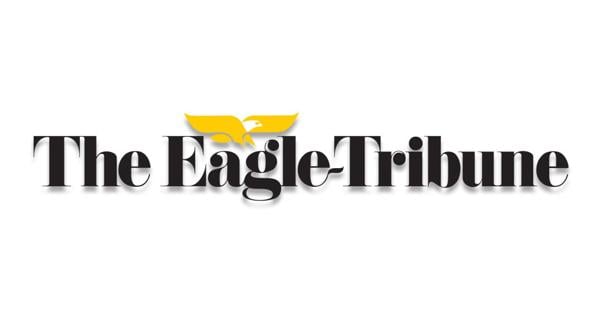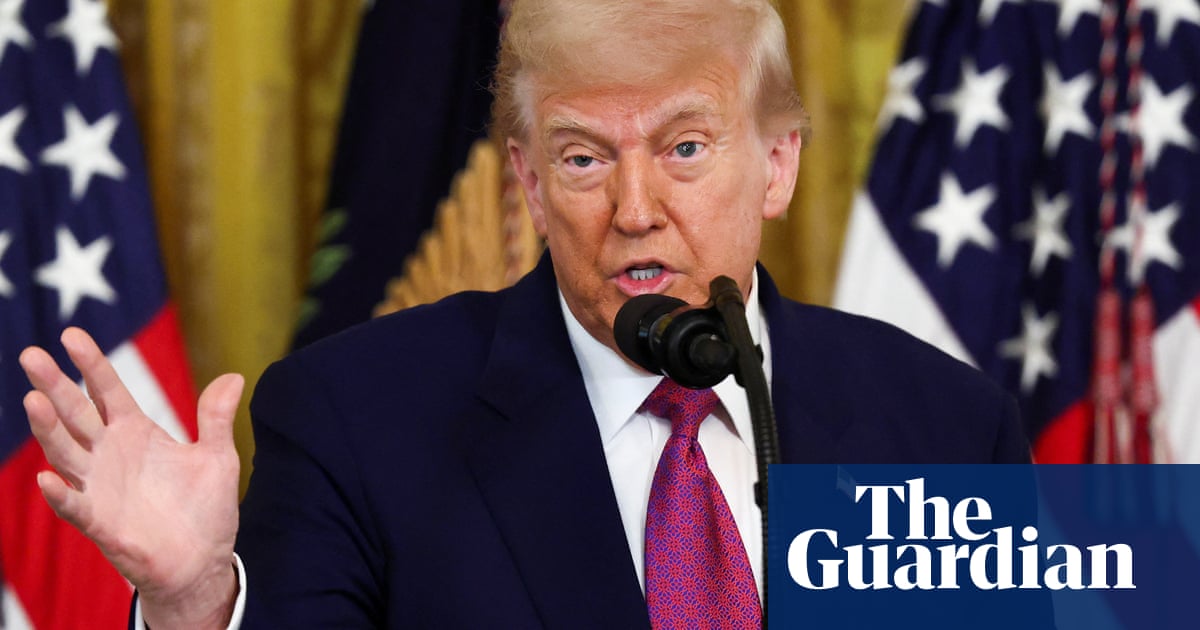Indian Stock Market Plummets as TCS Results and Tariff Threats Weigh

The Indian stock market experienced a significant downturn on July 11, 2025, with the BSE Sensex closing at 82,508.89, down 681.39 points (0.82%). The Nifty 50 settled at 25,155.70, a decline of 199.55 points (0.79%). This sharp decline has been largely attributed to disappointing earnings from major companies, particularly Tata Consultancy Services (TCS), and renewed threats of tariffs from US President Donald Trump.
The trading session began on a negative note, with the Sensex opening at 82,820.76, a drop from its previous close of 83,190.28. Throughout the day, it reached an intraday low of 82,451.50, reflecting a nearly 1% decrease. Similarly, the Nifty 50 started at 25,255.50 and fell to an intraday low of 25,136.75. The market capitalization of BSE-listed companies diminished by approximately Rs. 3 lakh crore, dropping from Rs. 460 lakh crore to about Rs. 457 lakh crore.
Investor sentiment was particularly affected by TCS’s Q1 earnings report, which marked the company’s third consecutive quarter of declining revenue. TCS reported revenue of $7.42 billion, falling short of analysts’ expectations of $7.54 billion. This resulted in TCS’s stock falling by 3.28% during the session. Other major losers included Wipro (-2.28%), Apollo Hospitals (-2.41%), and Bharti Airtel (-2.25%).
Impact of Tariff Threats and Market Correction
The sharp decline in the Indian markets was exacerbated by recent announcements from President Trump regarding tariffs. On July 10, he declared a 35% tariff on imports from Canada, effective August 1, and hinted at potential increases for other nations. This uncertainty has raised fears of inflation and a global economic slowdown, further dampening investor confidence.
The broader market showed signs of vulnerability, with midcap and smallcap indices also declining by nearly 1%. Despite the selloff, some stocks displayed resilience. Hindustan Unilever (HUL) rose by 4.57%, and SBI Life Insurance and Axis Bank posted modest gains.
While many sectors faced pressure, Glenmark Pharmaceuticals stood out with a remarkable 10% increase, reaching an intraday high of Rs. 2,094.40. This surge followed the announcement of a significant partnership with AbbVie for the oncology asset ISB 2001. The deal includes an upfront payment of $700 million and potential milestone payments totaling up to $1.225 billion.
Market Outlook and Investor Sentiment
Market analysts are closely monitoring the evolving situation, especially as the Q1 earnings season progresses. Shibani Kurian, Senior Fund Manager at Kotak Mahindra AMC, indicated that the Nifty 50 currently trades at a price-to-earnings ratio of nearly 22 times estimated earnings, suggesting moderate returns in the near term.
The ongoing trade tensions and elevated valuations have led to a cautious approach among investors. VK Vijayakumar, Chief Investment Strategist at Geojit Investments, noted that the market is undergoing a correction, which may lead to underperformance compared to other emerging markets. With tariff-related uncertainties and lackluster earnings, there has been a noticeable shift towards safe-haven assets like gold.
In the commodity markets, MCX Gold for August delivery rose nearly 1% to an intraday high of Rs. 97,548 per 10 grams, while MCX Silver touched a record high of Rs. 1,11,552 per kg. This trend reflects a growing preference for safety amid market volatility.
Analysts suggest that the Nifty 50’s technical structure indicates further weakness, with significant selling pressure if it breaks below 25,330. The next support levels could be 25,200-25,150 and potentially 25,050.
As the market navigates through these challenges, participants are urged to remain vigilant and attuned to both domestic earnings reports and global trade developments. The sensitivity of the Indian stock market to these factors will likely dictate investor sentiment in the coming weeks.






